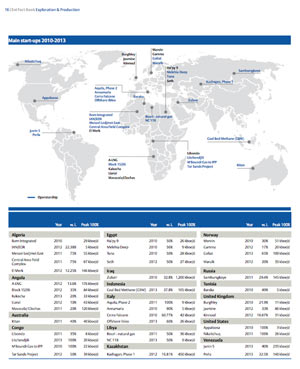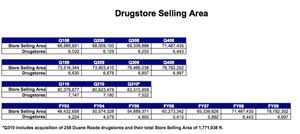 A new joint study by the London and Harvard Business Schools has shown that having visible CSR strategies in place boosts a company’s stock price.
A new joint study by the London and Harvard Business Schools has shown that having visible CSR strategies in place boosts a company’s stock price.
The study looked at 16 years’ worth of market data from the US and examined how sell side analysts reacted to CSR announcements by the companies they are following. True to form, up until recently most sell-siders have seen CSR strategies as value-destroying and may have consequently marked the company’s share as a sell as a result.
However starting in 1997 and with increasing vigour as the years have passed, the study shows that there has been a change: analysts’ perceptions have turned around. A company’s CSR strategies are now seen as a value creating activity, leading analysts to recommend them more often, leading to subsequent rises in their stock value.
Interestingly though, the study does not show that the reverse is true: that a lack of CSR strategies or a poor CSR record can lead to a company being viewed as value-destructive by analysts and the stock consequently being downgraded. This more than anything else may demonstrate how the impact of CSR on a company’s market performance is still very much in flux.
Crucially, however, the study also finds that a company’s communication of its CSR strategies also affects the analysts’ perceptions. It’s now recognised that socially responsible individuals are spread over a number of stakeholders, such as regulators, investors, consumers and employees. It is believed the analysts take this into account and so view a stock more favourably the more CSR information there is for each of these significant stakeholder communities.
So, in brief, CSR strategies can provide stock prices with a boost, and the more visible those strategies are the bigger that boost may be.
And what better place for a company to make its policies visible than on its website? Here documents, policies and presentations can be made available to the relevant stakeholders at a fraction of the cost of traditional media channels. Investment in a website, it seems, can really pay off.
Picture Credit: LuMaxArt Greyguy028 by lumaxart under Creative Commons Share Alike License.



